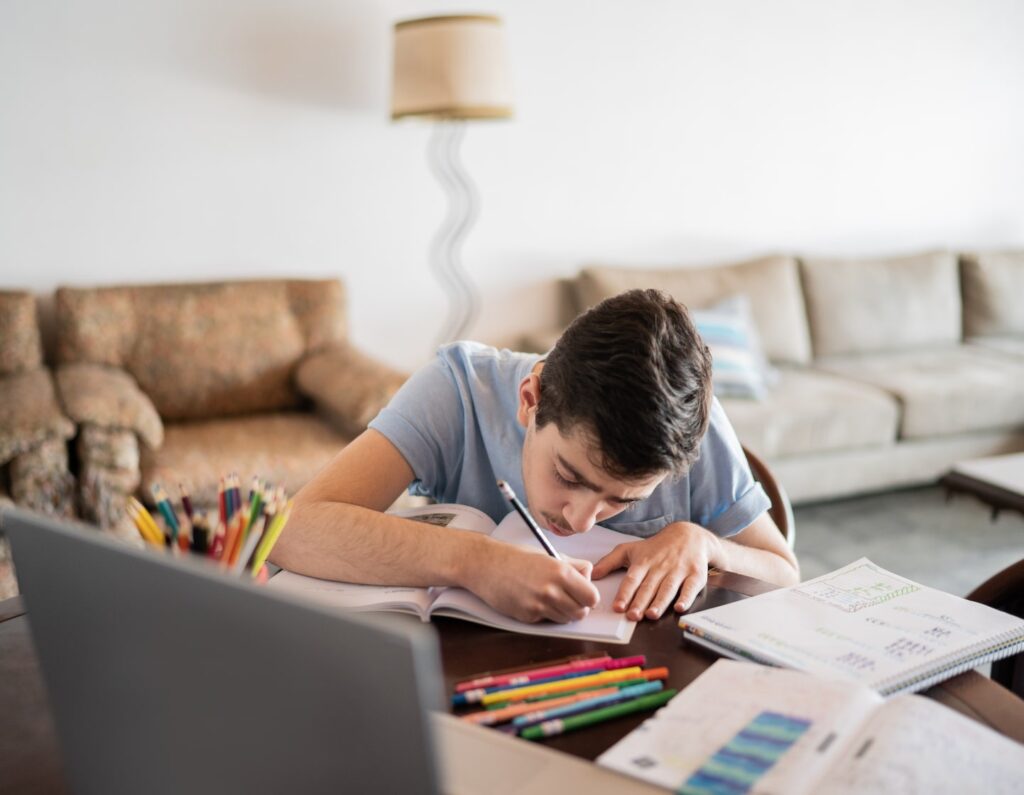
Autism can lead parents on a parenting journey that they are not quite prepared for. A child psychologist mama tells us how therapy and patient, consistent effort by family, professionals and peers have helped her child blossom into a fine young man.
Autistic Spectrum Disorder (ASD) immediately brings to mind a hand-flapping, rocking child lost in his own world with a minimal awkward social interaction. It was so under-researched that just a couple of decades ago, even after doing two post-graduate degrees in psychology, I had very little understanding of autism. I didn’t even spot the signs in my own son. After all, as a young child, Arnav didn’t present any of the traditional symptoms of autism. He was intelligent, verbal and enjoyed the company of a few, select friends. Sure, he didn’t enjoy being in large groups, but until the age of six, there was nothing to differentiate him from any other child. His quirks of not sleeping well, fussiness around eating, lining up his toys and rather poor motor coordination didn’t set off any alarms. His meltdowns were always mistaken as tantrums from being sleep-deprived.
Read More: Raising A Child With Autism In Hong Kong – Be Prepared For Singing In MTRs!

The Early Years After A Diagnosis Of Autism
We finally ascertained Arnav’s diagnosis when he was eight years old, after I noticed he had a pattern of not being able to sustain in any group dynamics with other children. Because Arnav has Level-1 autism (previously referred to as Asperger’s or high-functioning autism), most of his “disabilities” are invisible. No one can tell that he finds it difficult to process crosstalk in group conversations. It’s difficult to realise that he gets overwhelmed by a noisy environment, the sights and smells of many of the regular foods we consume, by bright lights, too much movement and the list goes on. In fact, even after he was diagnosed, we still didn’t understand the full extent of his sensitivities. We only became fully aware of them when he was 11, three full years after he was diagnosed.
What followed the diagnosis was a series of ups and downs – and oh, what downs there have been! I have been accused of creating his problems because I was being too bookish about parenting; children in Arnav’s school complained to me about his inappropriate behaviour; Arnav tried running away a few times and even started having suicidal thoughts; and a psychiatrist prescribed him anti-psychotic drugs. After incredibly crushing lows, Arnav’s school counsellor found us a therapist who specialised in working with autistic children. The therapist explained sensory perception disorder to us in a way that previous therapists hadn’t and guided us to an occupational therapist who could help Arnav. The therapist and OT worked miracles in our lives and so did Arnav’s new class teacher in the inclusive school we had chosen for him. My son began to blossom and achieve new heights in not just academics but also in other fields. He was finally growing into a confident, happy boy.
Read More: SEN Resources In Hong Kong – Schools, Rehab And Support For Special Educational Needs
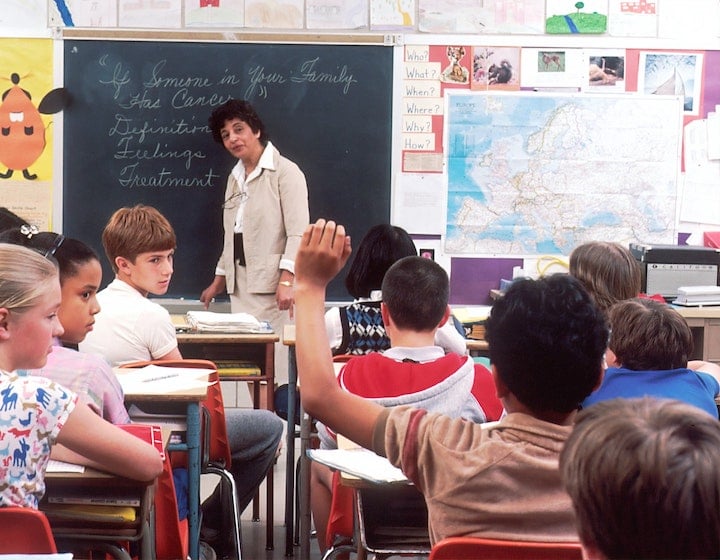
Learning To Cope With Autism As A Family
I also began to work on myself and my anxieties. I sank myself into researching and understanding autism. I attended workshops and joined support groups with individuals on the spectrum. There was so much to learn! The causes of ASD are still not fully understood. Research has suggested that there are differences in the brains of people with autism compared to those who are neurotypical. The connections between the neurons differ in people with ASD, leading to differences in how information is processed, which in turn affect behaviour and communication. This could explain why the perception of each stimulus is more exaggerated and intense; hence group conversations, crosstalking or jumping topics are difficult for these individuals to process. Also, this is why they experience sensory stimuli stronger. My son can hear me even if I whisper something 15 to 20 feet away! We have become sensitive to this and work on it.
It’s about finding strategies to help with day-to-day life. For example, Arnav has an oral sensitivity and he was chewing on all sorts of things while at school. It was putting off his classmates and also posed a health problem. We got him to chew gum while in school and that worked. To date, when ordering food at a restaurant, we explain his sensory issues to the chef and request modifications in a dish. We also learnt that Arnav needs less light to read than we all do. We were worried about it spoiling his eyes but we realised that he can’t handle bright lights.
Read More: How To Reduce The Mental Load On Mamas

Autism In The Teen Years: The New Challenges
With each succeeding stage in life, new challenges present themselves. As he was getting ready for university, we started realising how deficient he is in executive organisation skills, something most of us just grow into. This executive skills dysfunction means that he finds it difficult to organise his schedule, read a text and understand keywords and context (to him, everything feels like it is in CAPITAL LETTERS!), get used to a new environment, figure out where notices are put up, network with classmates for assignments, allocate and manage time efficiently, etc.
Lack of structure still throws him off. He still can’t just “hang out” with friends and he gets extremely lonely, and even depressed, during long periods of social isolation such as during vacations. Because he’s a high performer, it’s more difficult for people to see through his challenges and to understand just how much effort he has to put in to just be out there on any regular day. We, his parents, see it and are so proud of him because we know what a challenge it is for him. We have to constantly be his strongest support, helping him deal with his loneliness, process social information and handle insecurities.
It breaks my heart when he says he wishes he could enjoy the same camaraderie that the other kids do, that he could understand all the nuances in their behaviour and conversations, and be invited to parties. He still has to practice conversations if he is going to meet someone for the first time. We have tried to be the “friends” he misses. Fortunately, he is an old soul, so our tastes match. When it comes to an Ed Sheeran or a blues concert, he will choose the latter (No offence, Ed!).
Read More: How To Talk To Your Teen – 9 Effective Communication Tips
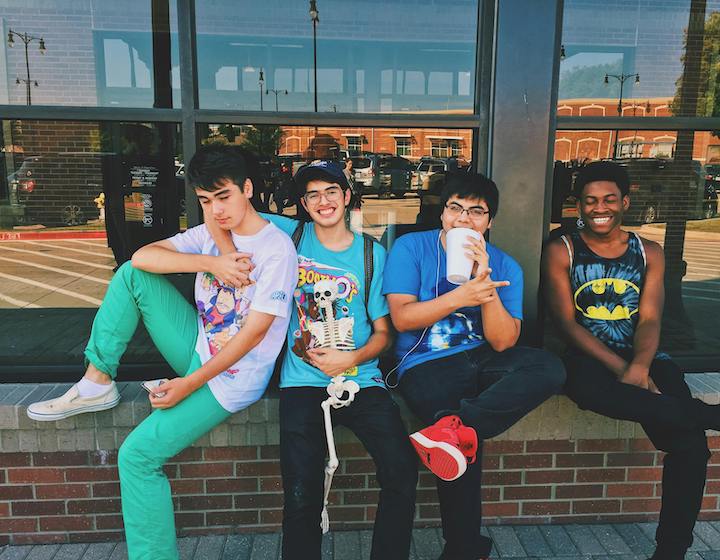
Autism As A Young Adult: A New Phase In The Parenting Journey
Arnav is now 20 years old and is on his way to becoming a mechanical engineer (only a few more semesters to go!), studying at a leading technical institute. Despite his poor motor coordination, he loves building things and works really hard to be able to complete all his lab assignments. He enjoys the smell of machine oil on himself and plans to work in the space technology area, or on submarines or in the automotive industry. As you might have realised, he’s looking forward to a career in building machines. Anyone who has seen our struggles would think that I can afford to pat myself on the back and sit back with a well-earned glass of wine! The only thing to remember is with an autistic child, your parenting job is never quite done! Strangely, while his autism was almost invisible as a child, now it makes Arnav stand out when compared to his classmates. Most people don’t realise that because a lot of autism comprises a sensory processing disorder and (the lack of) executive functioning skills, it’s when they get older and need to be able to live independently that autistic children flounder.
Research has shown that over 40% of children on the spectrum drop out of university, not because they lack the ability to achieve, but because they are overwhelmed. They need a lot of support and therapy to keep going. When Arnav goes for his Master’s and Doctorate studies, my husband and I will take turns at supporting him by following him overseas. We are planning to each stay with him, alternating six months at a time. We know we have to wean him off our support gradually, but we believe this is a better method to take, rather than to throw him in the deep end and let him be overwhelmed by sensory and emotional overload.
Read More: Skills That Our Children Will Need In 10 Years’ Time

Autism Is A Difference, Not A Disability
As parents, we have changed our lives completely to accommodate Arnav’s needs. I don’t preach to other parents but I do want to offer hope (and a tiny bit of advice!) to other parents – don’t be in a hurry to make your child independent. Take the time to understand SPD and executive dysfunction. Understand autism as a difference, not a disability. There are times when it is debilitating to have autism, but be patient and come up with strategies to cope. For example, when Arnav was unable to process how much time passed during a shower, a friend suggested that we play music that he could hear in the bathroom. By the time the third song ended, he knew he had to wrap up! Less wastage of time (and water!). Technology can also come to the rescue. Often, Type-1 autistic children (and young adults) struggle to wake up because their brains are tired from the sensory overload of the previous day. There’s a phone app whose alarm can only be switched off by solving a puzzle, so you know they are truly awake and alert.
Once you find your strategies to cope and explain them to your support circle, you will be surprised to find how accepting most people these days are of differences.
Read More: Raising Resilient Hong Kong Kids By Teaching Them Happiness
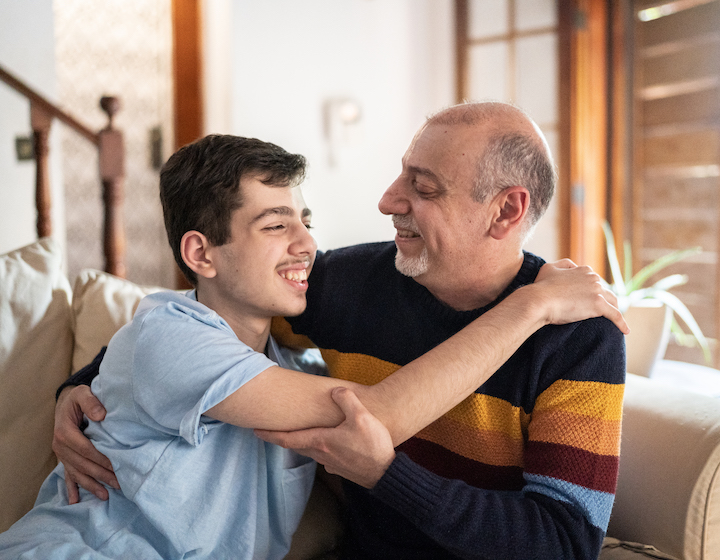
Why Autism Advocacy Is So Important
Recently, in one of our autism advocacy efforts, Arnav and I made a presentation at his university to his professors and peers. I’m glad that Arnav is now joining me in my efforts to educate people and spread awareness and understanding about autism. As more Type-1 autistic young adults (who were first diagnosed as children and have received love, support and therapy) enter the workforce, they are becoming the best autism advocates we could ask for.
My mantra remains: do what you think is best for your child! As a family, we feel blessed to have met amazing people and find such a strong, supportive group of individuals genuinely wanting to help, guide and accept us. I now work with parents of children on the autism spectrum. I help them understand autism better, to accept their child with the diagnosis and to not just seek therapy but to work on it. I like to help them get comfortable with the lifestyle changes it will demand from them and to not feel guilty, embarrassed or apologetic about their child and, most importantly, to be able to explain autism to the world!
For further information take a look at The Autism Partnership Hong Kong and the newly-launched website, Optism.
Read more: How To Raise A Well-Rounded Only Child In Hong Kong
Editor’s Note: This post was originally published in April 2020 and updated recently in March 2024.
 View All
View All








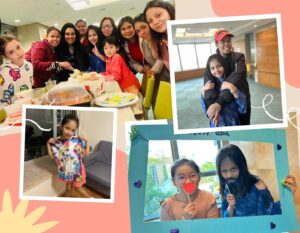


 View All
View All





 View All
View All


 View All
View All















